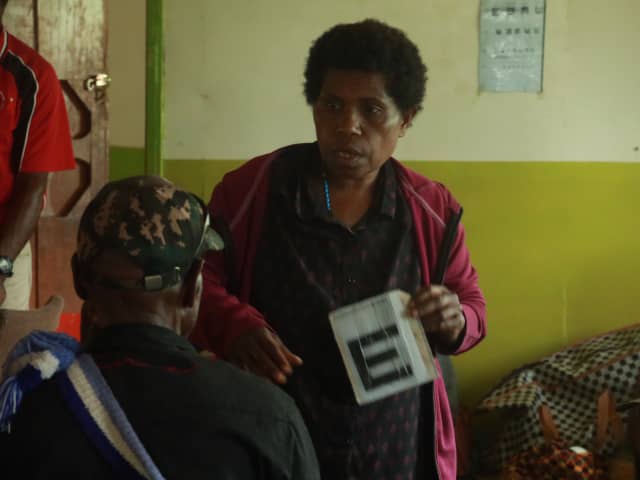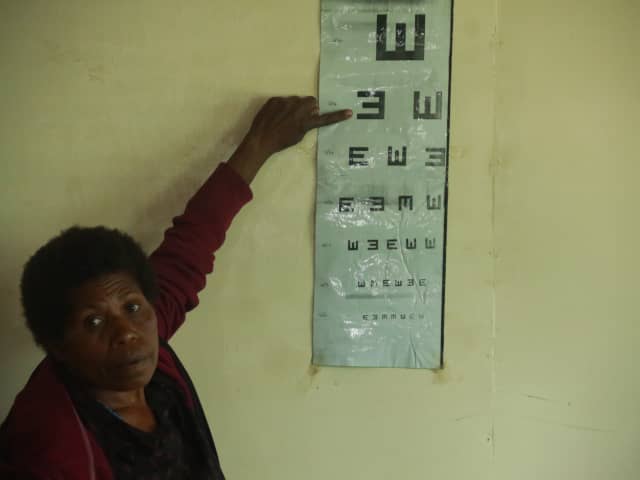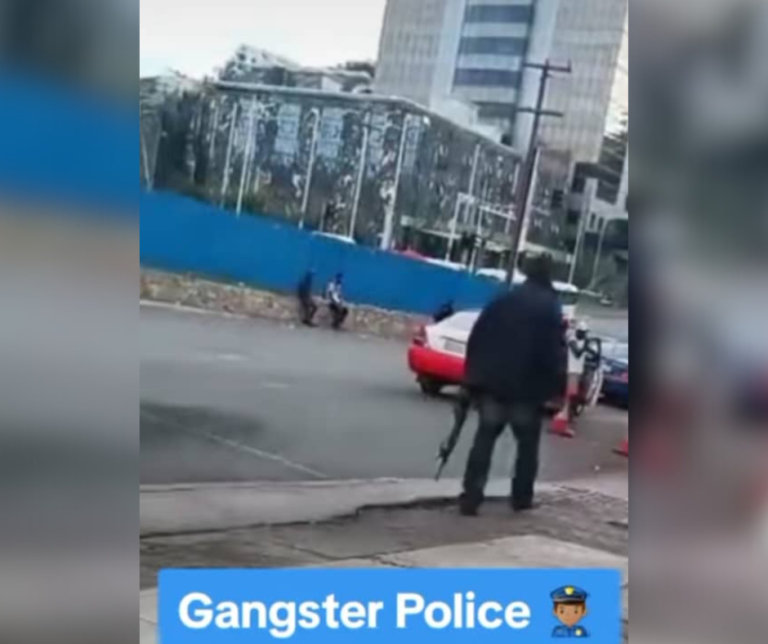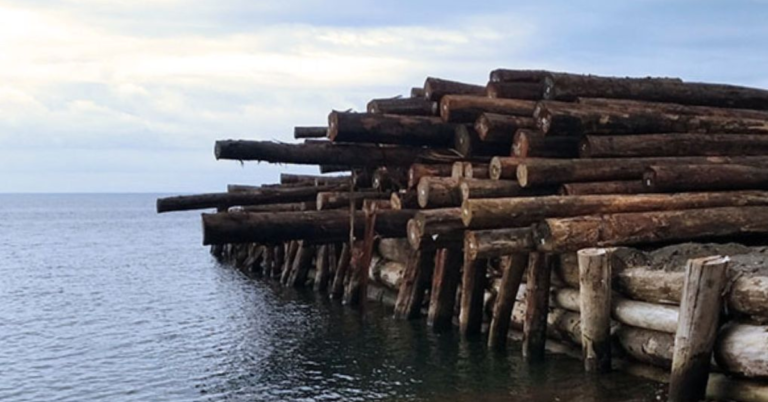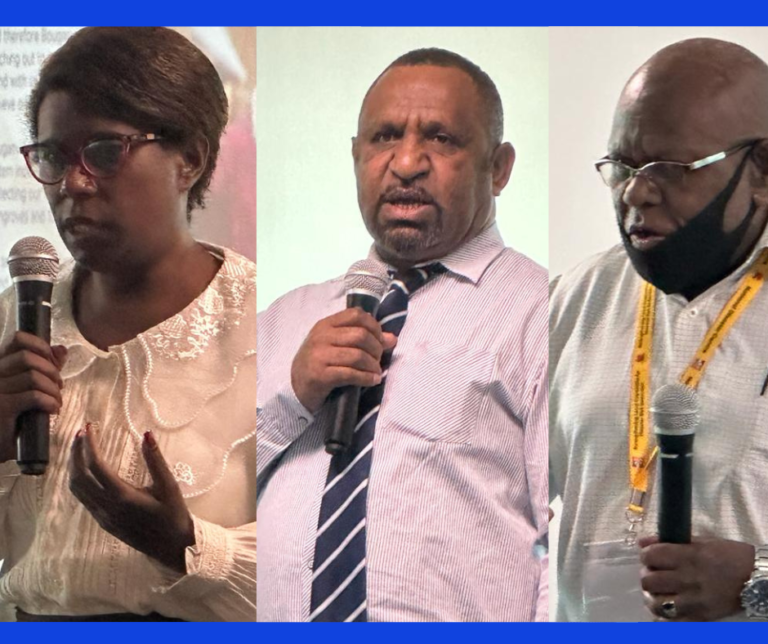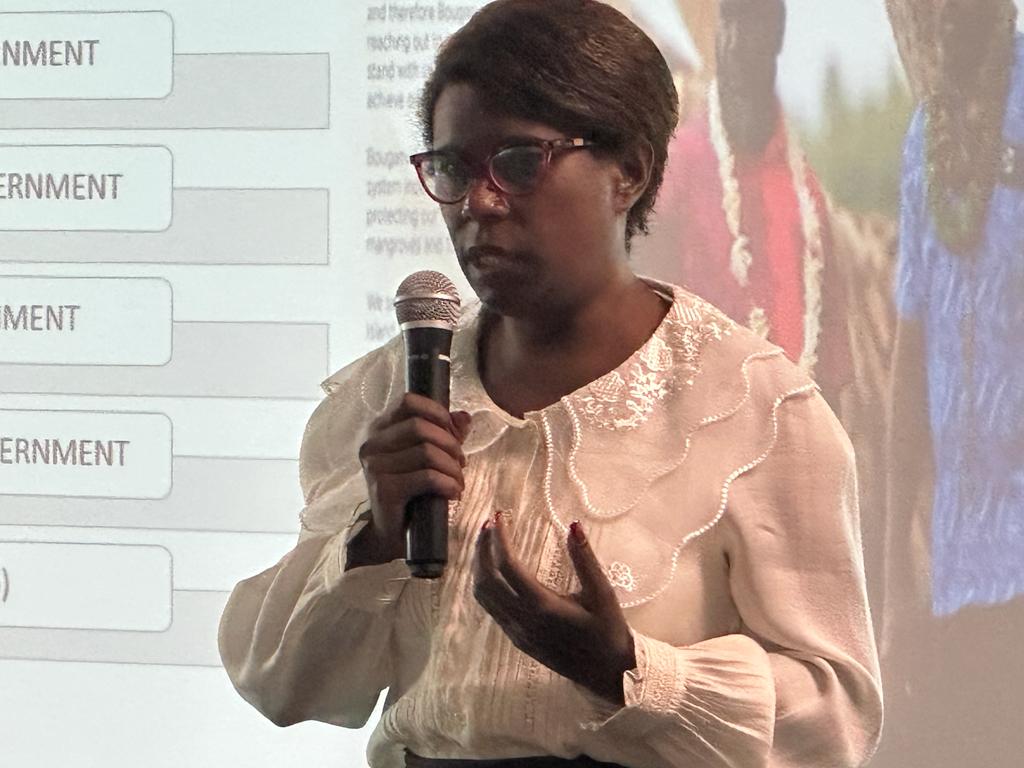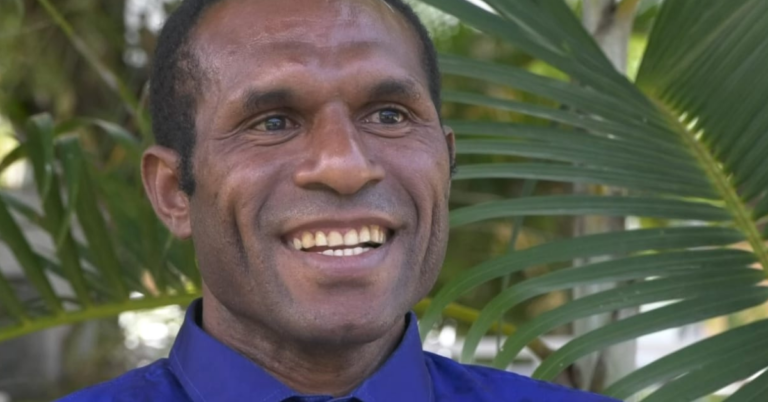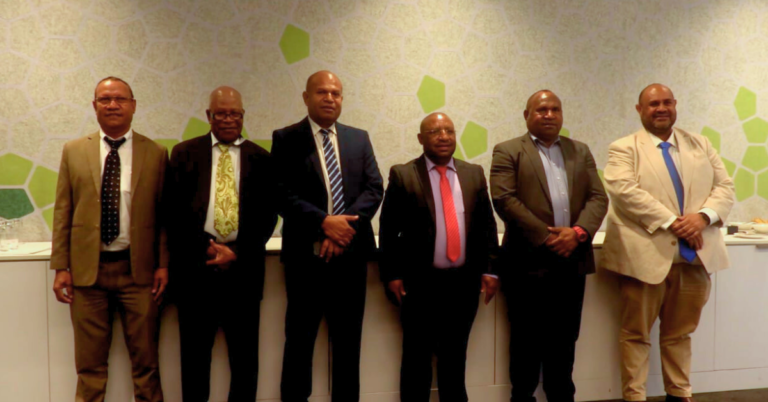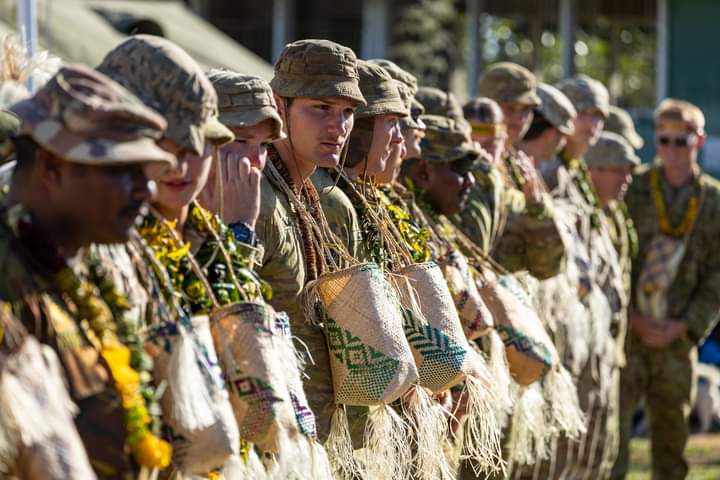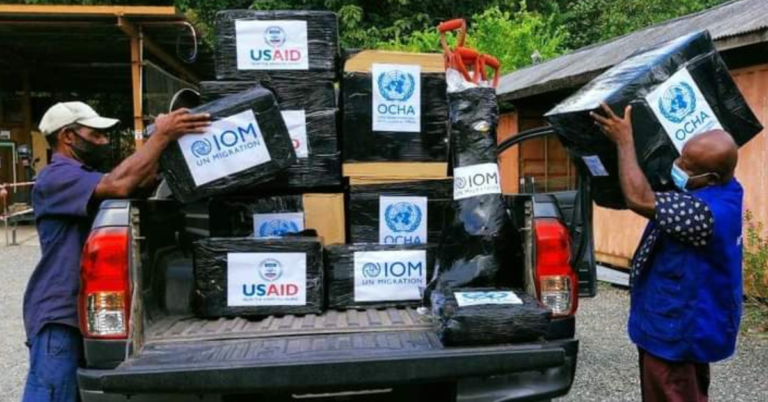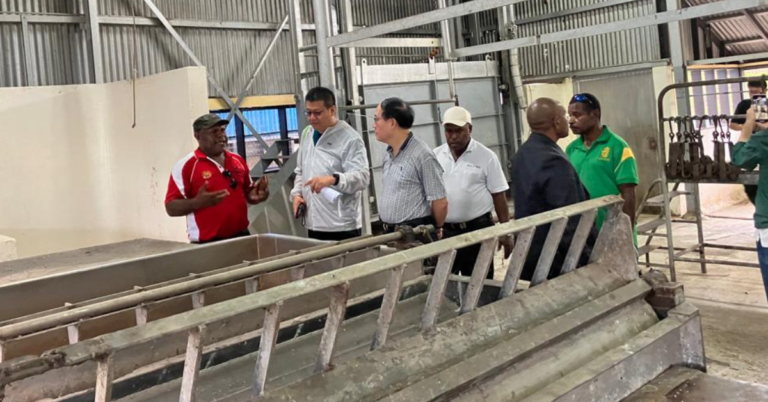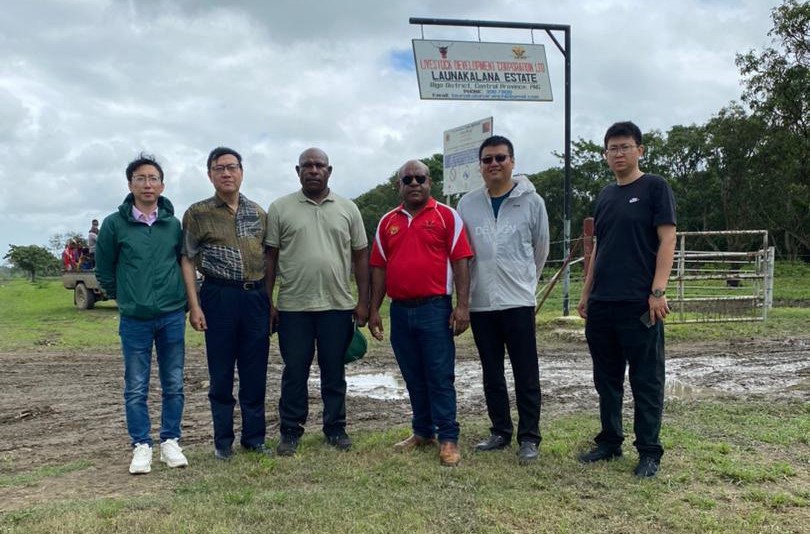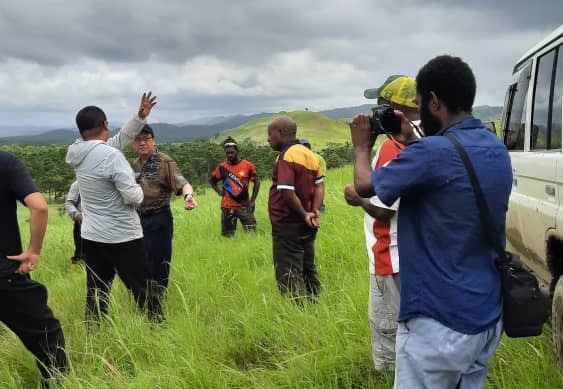ACT NOW! has released another case study report that reveals more illegal logging under the pretext of agriculture development.
This new report titled “A New Forest Grab” focuses on the Mengen agriculture project in East New Britain Province.
ACT NOW! says the report reveals how a Malaysian owned logging company, KK Connections, has used highly suspicious claims that will establish a forest plantation and agriculture projects to obtain a Forest Clearing Authority (FCA), which it is now using as cover to export thousands of cubic meters of round logs.
An FCA is only supposed to be used to allow the clearing of small, discrete areas of forest for agriculture or other land use changes, but satellite images analyzed by ACT NOW reveal the logging company in the Mengen area is roaming over a large area, selectively felling and extracting valuable timber with no forest clearance or agriculture planting.
The second report follows its first report, Ten Years Without a Crop, published last month in conjunction with Jubilee Australia.
The first report according to ACT NOW! revealed how another Malaysian-owned logging company, Global Elite Limited who has already sold US$31 million (115 million kina) worth of round logs from the Wammy FCA in West Sepik Province, but has not established promised palm oil or rubber plantations.
ACT NOW!’s Campaign Manager Eddie Tanago said to make matters worse, both reports highlight how the FCA logging operations have been approved by the PNG Forest Authority without the informed consent of a significant proportion of customary landowners.
He said just last week, Prime Minister Marape again reaffirmed his government’s commitment to the protection and sustainable management of our forest resources, yet the PNG Forest Authority is continuing to allow illegal logging across the entire country.
ACT NOW! Is calling on the PNG Forest Authority to cancel the Forest Clearing Authorities for both the Mengen and Wammy projects and to impose a moratorium on logging in all FCA areas.
In total there are 24 active FCA logging operations across nine Provinces which cover an average area of 61,849 hectares, the equivalent of more than 11,000 rugby fields.
Eddie Tanago, said: “FCAs are routinely being used as a loophole to authorize the theft of PNG’s forests. We call on the National Forest Board and PNG Forest Authority to extend the current moratorium on new FCAs, suspend logging in all existing FCAs and conduct a comprehensive public review of the projects”.
ACT NOW says it is also calling on the Independent Commission Against Corruption and the Fraud squad to open investigations into these illegal logging operations as they are continuing under the supervision of Forest Authority officers.
